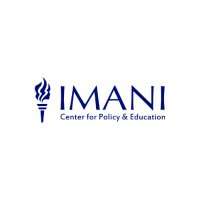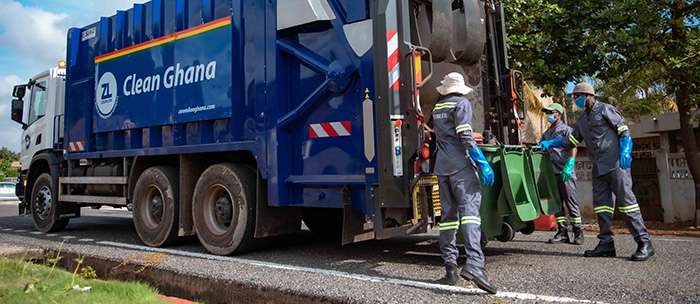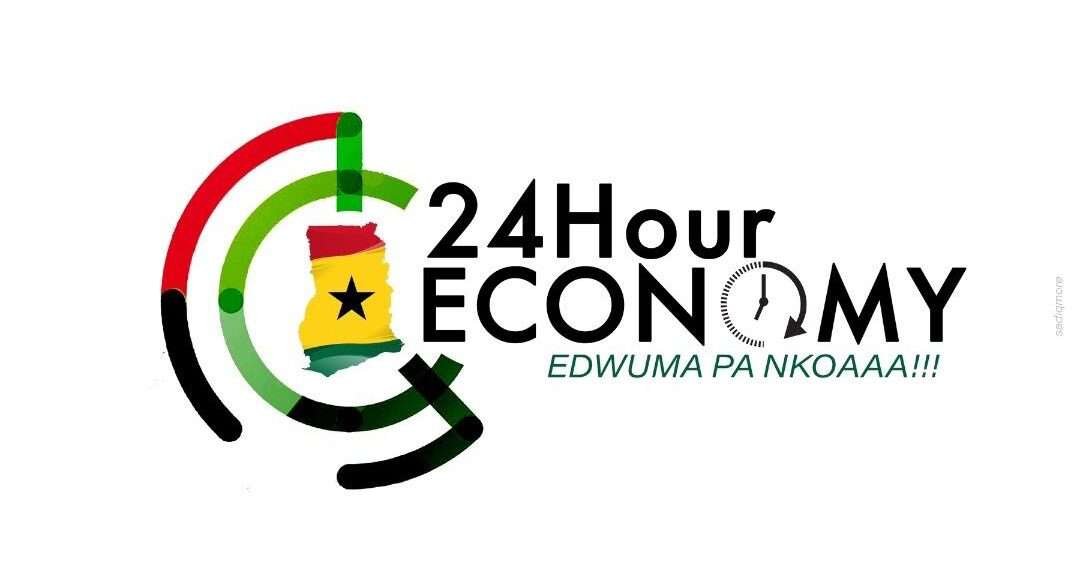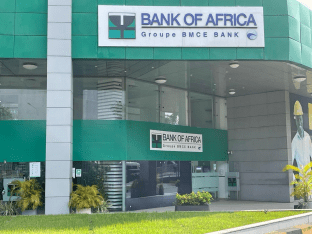IMANI Africa has stated that implementing a 24-hour economy, as proposed by the NDC, would require automating public administration systems to ensure continuous service delivery.
According to IMANI, business registration and tax filing services can extend beyond regular hours by leveraging existing technology and human resources.
IMANI highlighted the Integrated Customs Management System, suggesting that port operations could adopt shift systems for 24-hour functionality.
With an automated, paperless process for quality assurance, institutions like MPS and GHPA can facilitate round-the-clock clearance, using the example of GHPA’s 4,000 staff to illustrate the feasibility of such a shift system.
“Similarly, the existing DVLA system can be expanded to allow applicants to execute other activities such as Road Worthy, Driver Examination Assessment, and other less practical activities through the DVLA system, while the workers are put on a shift system to complete client request beyond the normal working hours.
“Similarly, passport services would require expanding the automation processes and reducing the waiting time for printing of passport booklets. Thus, the public service component of the 24-hour economy would largely rest on enhanced automation to ensure that citizens can access public institutions full time”.
IMANI Africa
IMANI Africa also emphasized that the 24-hour economy should be accessible to peri-urban and rural communities, not just urban areas.
The think-tank noted that many service-oriented businesses already operate around the clock but need support to sustain their operations.
IMANI highlighted the financial sector’s struggles, exacerbated by the domestic debt exchange program, which lowered the capital adequacy ratio from 16% in 2022 to 13% in 2023.

The Bank of Ghana has asked institutions with a CAR below 10% to submit plans, as non-performing loans rose from 14% in 2022 to 18% in 2023.
Additional tax reforms have increased banks’ operational costs, constraining their ability to support private sector initiatives.
Accordingly, IMANI pointed out that the 24-hour economy policy lacks clarity on tax incentives for financial services, making it unclear how it will boost sector growth.
Policy Faces Challenges in Waste Management, Retail Sectors
Furthermore, IMANI Africa noted that the 24-hour economy must account for the complex dynamics between formal and informal waste management.
The policy think tank indicated that while formal firms mainly serve urban areas, informal collectors handle less developed communities.
As such, IMANI maintained that recycling can operate 24/7, but safety concerns and transport costs may limit round-the-clock waste collection, benefiting mainly recycling and waste treatment businesses.
IMANI also indicated thatiIn the retail sector, 24-hour operations depend on growing demand and reliable supply chains. Security concerns could affect consumer participation during extended hours.

Many businesses, IMANI pointed out, are shifting online, using technology and social media to offer 24-hour service, enabling consumers to order and receive products anytime.
“The policy does not explicitly show how it intends to stimulate retail business 24 hours by leveraging e-commerce systems. For instance, about 9% of informal businesses and 15 per cent of businesses engaged in the Ghana Business Survey Wave 4 indicated some investment in digital technologies . More medium and large firms are investing in technologies to support their businesses.
“Additionally, 90 percent of non-household business establishments are MSMEs, which largely operate in the informal sector based on direct customer engagement (brick and mortar system)”.
IMANI Africa
IMANI Africa highlighted that the voluntary nature of the 24-hour economy policy raises questions about its ability to boost retail activities beyond regular hours.
According to IMANI, while financial and tax incentives could help, the policy fails to address structural challenges like high inflation, currency depreciation, and rising transport costs, which hinder demand and increase prices.
The Ghana Business Survey Wave 4 Report shows ongoing vulnerabilities, with high inflation, taxes, and exchange rate issues as major concerns for businesses.
The think tank also pointed out that in the transportation sector, fuel costs and demand dictate service levels. Without addressing these, the incentive for 24-hour operations remains low.
The hospitality industry faces high costs and low occupancy rates, with most hotels struggling to attract guests due to expensive accommodation and challenges like taxes, limited credit access, and unreliable electricity.
IMANI indicated that to stimulate industrial growth, sectors like agro-processing, pharmaceuticals, construction, and manufacturing need competitive macroeconomic conditions.
Factors such as a stable exchange rate, lower tariffs, reduced lending rates, and manageable inflation are crucial.
IMANI stated that, however, current conditions, including high import duties and electricity costs, make it hard for businesses, especially in pharmaceuticals and construction, to compete effectively in the region.
IMANI Raises Concerns Over 24-Hour Economy Interventions
Moreover, IMANI Africa noted that the NDC’s 24-hour economy initiative includes promises of tax incentives to boost key value chains but lacks specific details.
While tax reforms could benefit these sectors, the voluntary nature of the program may limit its broader impact.
The NDC also proposes a Time-of-Use (TOU) tariff system to lower energy costs for businesses operating during off-peak hours.
This system aims to shift energy consumption away from peak periods (6 PM to 11 PM) to off-peak times (12 AM to 5 AM), encouraging industries to reduce peak load.

However, IMANI warned that improper management of the TOU system could lead to revenue shortfalls, exacerbating the already significant energy sector debt.
Additionally, IMANI indicated that power supply interruptions remain a challenge, especially in rural areas where agro-processing businesses could face frequent outages.
Accordingly, the policy think-tank suggested that to be effective, tariff incentives must be paired with investments in improving energy reliability.
“Lastly, the NDC promises to provide financial support through the Ghana EXIM Bank to assist the businesses that sign up for the 24-hour economy. Currently, GEXIM Bank’s cost of credit ranges from 13-16 percent (based on risk profile) excluding an annual management fee of 0.5 percent and 1 percent facility fees.
“Considering the current high commercial lending rate, reference rate, and high non-performing loans, GEXIM is less likely to provide facilities below its current rate. This implies that the high cost of capital may affect the financial resources that can be available to support the 24-hour economy. Nonetheless, lower interest will depend on the extent of long-term financing received by GEXIM”.
IMANI Africa
IMANI Africa further highlighted that the NDC’s 24-hour economy initiative is a key job creation promise, but it lacks specific job creation estimates.
Using historical data, they noted that Ghana’s job creation rate is low, with only 0.54% of jobs created for every 1% GDP growth, compared to the African average of 0.72%.
Most employment is concentrated in agriculture, manufacturing, and trade, with 71% of jobs in the informal sector.
Given these dynamics and the low growth-employment elasticity, IMANI suggested the 24-hour economy is unlikely to significantly boost job creation as anticipated.
IMANI also emphasized that the voluntary nature of the initiative and existing macroeconomic challenges could hinder its effectiveness.
They recommended focusing on economic stabilization and creating a conducive business environment to foster job creation and industrial growth.
READ ALSO: Ghana Stock Exchange Set for a 45% Growth in 2025– Databank Research























